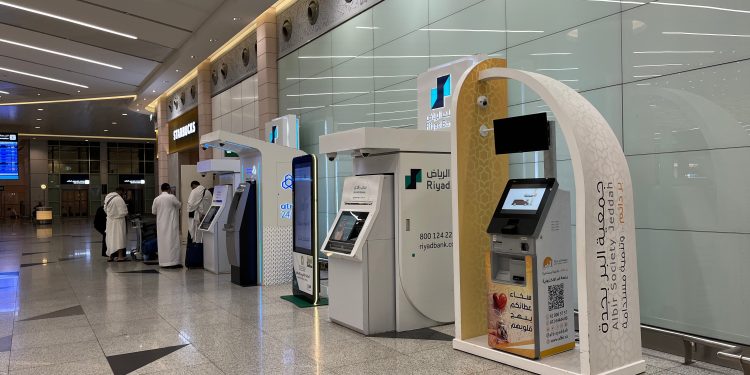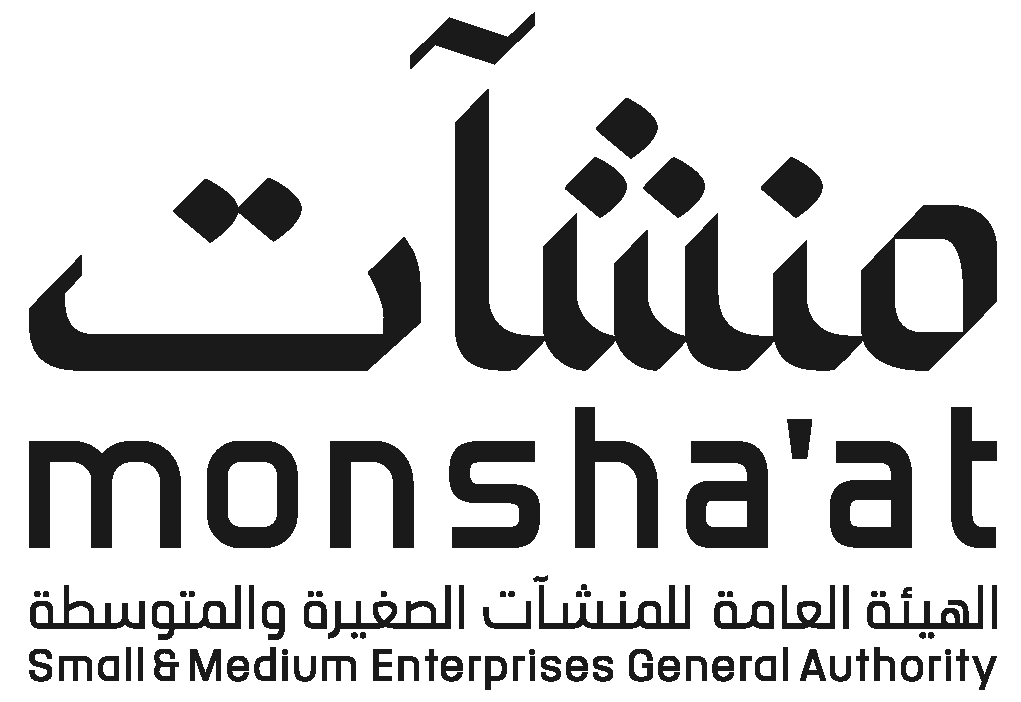As Saudi Arabia strives towards the ambitious goals of its Vision 2030, aiming for sustainable development and a diversified economy, attention is drawn to the leading companies in the financial technology sector. Mastercard stands out as a key player, supporting digital transformation initiatives and enhancing the kingdom’s digital infrastructure. In an exclusive interview with Adam Jones, Executive Vice President and Head of Western Arab Region at Mastercard, he shares insights into the company’s vision and strategies to bolster digital transformation in the kingdom, driving innovation and economic growth.
-
With Saudi Arabia’s Vision 2030 setting bold objectives, Mastercard’s digital transformation initiatives play a significant role in the kingdom’s shift to a digital economy. Could you outline the technologies or innovations Mastercard has deployed in Saudi Arabia to enhance the digital commerce experience?
Committed to accelerating digital payment adoption in Saudi Arabia, Mastercard is focused on financial inclusion through a multi-channel strategy. Their advanced and reliable technological solutions are applied in new use cases and introduced to the market through partnerships with fintech companies, government entities, financial institutions, and major digital and telecommunications firms.
For instance, the launch of “Mastercard Installments” enables shoppers to pay for purchases in interest-free installments. In collaboration with the Saudi National Bank, they introduced the “Flexi” credit card, the first of its kind in the kingdom with an installment program, allowing customers to make purchases and pay in four installments without annual fees or profit rates.
-
The Saudi government is fostering innovation in the fintech sector as part of its ongoing efforts to develop the financial industry. How does Mastercard collaborate with local fintech startups and regulatory bodies in Saudi Arabia to enhance innovation and inclusivity in financial services? Are there any notable initiatives or partnerships that exemplify Mastercard’s commitment to the country’s fintech ecosystem?
The fintech sector in Saudi Arabia is experiencing rapid growth, driven by proactive regulatory approaches and leading initiatives supported by growing investments. Mastercard is fully committed to supporting this wave of innovation, providing a wide array of products and services powered by innovative and secure technologies.
Mastercard Accelerate is a unified global access point consisting of four main programs: Mastercard Developers, Mastercard Engage, Fintech Express, and Start Path. These programs empower fintech innovators with Mastercard’s suite of financial solutions. Notably, a memorandum of understanding with “Fintech Saudi” was signed at “Seamless Saudi Arabia 2023” to support the fintech sector’s growth in the kingdom.
Additionally, partnerships with companies like SiFi and Loop have been established to issue corporate cards for SMEs across Saudi Arabia, helping them manage expenses and obtain spending analytics, thereby enabling businesses of all sizes to keep pace with the evolving digital economy.
-
As Saudi Arabia plays an important role in the global economy and has a significant expatriate workforce, efficient cross-border payment infrastructure is crucial. How does Mastercard support cross-border payment solutions in the Saudi market to address challenges related to speed, cost, and transparency? Could you tell us about recent developments and future plans?
Mastercard aims to build an inclusive digital economy accessible to everyone, simplifying transactions and making them smarter, safer, and more accessible. The Mastercard Move platform supports the next generation of individual and business payment solutions, both domestically and across borders, offering flexible and transparent payment and money receipt options.
Mastercard’s cross-border services under the Mastercard Move platform allow individuals and businesses to securely and reliably transfer money to up to 90% of the world’s population through a single integrated access point. In response to the growing demand for fast and secure money transfer services in Saudi Arabia, Mastercard has established innovative partnerships, such as with the fintech company tiqmo, to provide prepaid cards through their mobile app, leveraging Mastercard’s cross-border and tokenization services.
-
Small and medium-sized enterprises (SMEs) are pivotal in supporting Saudi Arabia’s economic diversification efforts in line with Vision 2030. What strategies does Mastercard implement to support SMEs in the kingdom, particularly in overcoming challenges related to financing and digital integration? Could you share details about Mastercard’s programs that promote the growth and market adaptability of Saudi SMEs?
Mastercard recognizes the importance of supporting the kingdom’s burgeoning SME sector to enable Saudi Arabia to realize its full economic potential. The company is committed to being a trusted technology partner, aligning with Vision 2030’s goal of increasing SMEs’ contribution to the GDP to 35%. Mastercard’s Small Business Confidence Index indicates that Saudi SMEs prioritize digital payment acceptance, business process digitization, and skill development and training.
As part of its pledge to connect 50 million small businesses worldwide to the digital economy by 2025, with a direct focus on connecting 25 million women entrepreneurs, Mastercard has initiated several programs. One notable partnership is with the Saudi British Bank (SABB) to issue a credit card designed for SMEs, transforming small business lending by providing easy access to loans and improving cash flows.
Additionally, Mastercard has expanded its “Social Innovation Lab for Women’s Employment” in collaboration with “Women Choice,” aiming to create a million job opportunities for women across the MENA region within five years. Moreover, they have launched a podcast series called “Her Voice” to celebrate and encourage the achievements of women in Saudi Arabia and beyond.
-
Artificial intelligence (AI) is a fundamental driver of innovation in financial services. How does Mastercard utilize AI to deliver products and services that meet the needs of the Saudi market? Can you provide examples of AI applications that have significantly improved areas such as customer service, fraud prevention, and operational efficiency in the kingdom?
AI innovations are vast, with immense applications and potential impacts on various sectors. Mastercard employs thousands of data scientists and AI experts to responsibly and efficiently develop and apply AI technologies. For example, AI protects over 125 billion transactions processed on Mastercard’s network annually from cybercrime and fraud, saving an estimated 35 billion dollars in fraud costs globally over the past three years.
In Saudi Arabia, an AI-supported partnership with SABB uses Mastercard’s advanced transaction risk management gateway to simplify digital transactions and enhance security. In collaboration with Network International, the Brighterion AI technology from Mastercard is being rolled out to address fraud, chargebacks, and refunds, reducing costs and risks for merchants and buyers.








